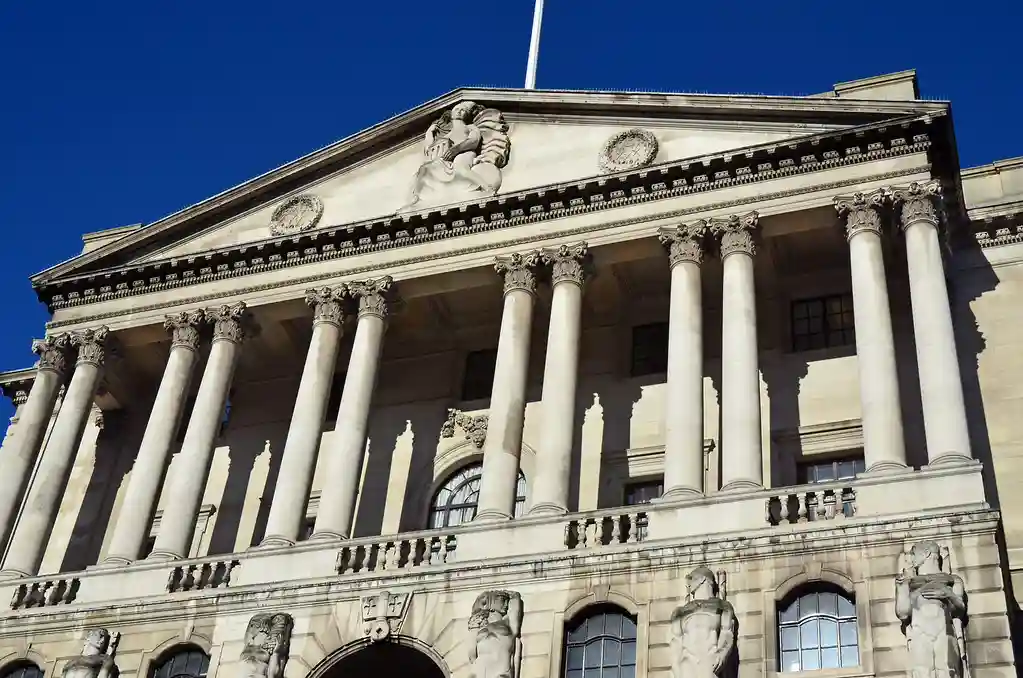After the British pound hit an all-time low against the US dollar on Monday, the Bank of England tried to reassure the financial markets. However, its appeal was rejected by investors who were worried about a broad package of tax cuts that further jolted the already fragile economy that the government’s plan was supposed to support.
The central bank declared that it was “closely monitoring” the markets and will not hold back from raising interest rates in order to fight inflation. It made its statement after the pound fell as low as $1.0373, the lowest level since the decimalization of the currency in 1971, due to worries that tax cuts announced by Treasury Secretary Kwasi Kwarteng on Friday would increase the nation’s debt and spark new inflation as the UK edged closer to recession.

The bank, which raised rates on Thursday, stated that before its next meeting in November it will thoroughly evaluate the government’s tax and spending pledges and “will not hesitate to change interest rates by as much as needed to return inflation to the 2% target sustainably in the medium term.”
Also on Monday, the independent Office for Budget Responsibility announced that the U.K. Treasury would release a medium-term budget plan and economic outlook on Nov. 23.


